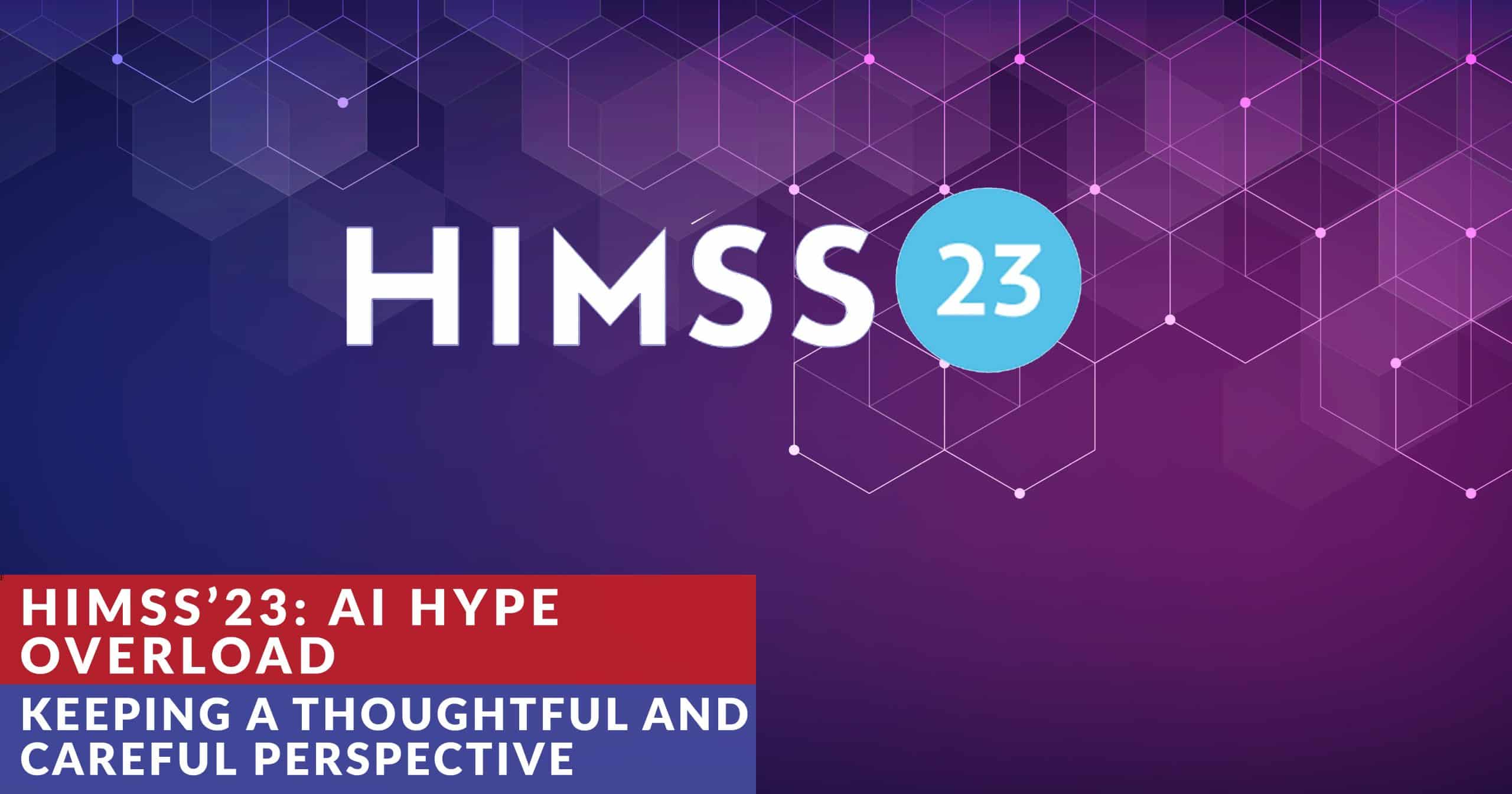
iPad:
Over 2M sold since its release 2 short months ago.
8.5K native iPad apps now available.
35M apps downloaded => ~17 apps/iPad.
5M books downloaded
Some analysts are now projecting that 8M iPads will be sold by end of 2010; would not be at all surprised if that number is exceeded. On a recent trip to Martha’s Vineyard, while taking the ferry over, I saw two, separate elderly people (had to be at least 80+ years old) using iPads. This product is a hit and its popularity will drive continuing developer interest to build out new apps for the iPad. Having spoken to a number of healthcare workers though, the utility of the iPad in the healthcare setting has yet to be determined as many still question the ruggedness and ability to disinfect an iPad. Really do not see this as a big hurdle to overcome as such has been the case for many previous computing platforms and the iPad comes in such a compelling form factor, it really is hard to resist for numerous applications including bedside patient education, that the healthcare sector will be an important market for the iPad.
AppStore:
Over 5B apps downloaded.
A whooping 225K apps are now available.
15K apps/wk are submitted to Apple for approval (95% are accepted within a week).
Top 3 reasons for apps being rejected:
- Does not function as advertised.
- Uses private APIs.
- App is buggy and crashes.
By end of June’10, over 100M devices using the iOS (iPhone, iTouch, iPad) will have been sold.
The AppStore has created a completely new model for app development and delivery that has been highly successful for Apple in driving sales for its ever expanding portfolio of devices. Google is a distant second with the Android OS and the Android store of some 30K apps. In healthcare, with a few notable exceptions (e.g., ADAM, Epocrates, iTriage, LiveStrong, WebMD, etc.) most of the mHealth apps in the AppStore are pretty simplistic, what Chilmark refers to as mHealth 1.0 apps (for more info, mobihealthnews has a nice little report on mHealth apps). But what Chilmark is more interested in is seeing how the concept of an AppStore-like environment (platform) will allow for the development of a wide range of mix and match clinical apps, which some have begun referring to as “Clinical Groupware.” Big question here though is how will meaningful use be achieved through use of a certified EHR if the certified EHR is actually a collection a disparate apps running on an iPhone or iPad?
The New iPhone:
For healthcare, a couple of new features are notable (beyond multi-tasking which was announced earlier this year as part of new OS4.0).
- New “retinal” display that Apple claims will provide unmatched resolution. This will be particularly valuable in reviewing images.
- Video camera on both sides of iPhone combined with video conferencing app, FaceTime. This could be particularly useful for telehealth applications wherein a remote clinician (say a nurse) is providing at home care, notices a new rash on a patient and confers with doctor at clinic or hospital, in real-time on what appropriate action (bring them in, apply slave, order Rx) should be taken.
Apple is clearly in the driver’s seat today setting the standards and benchmarks by which others will follow. How these developments may impact the healthcare sector is something we will continue to monitor closely.




Dr. Halmaka just posted a report by an intern on developing mobile apps for health care (http://geekdoctor.blogspot.com/2010/06/update-on-mobile-device-strategy.html). I’m still struggling to understand it, but looks like the idea is to develop a native web-based app and then adapt it to the various app platforms (Apple, Droid, etc).
Also, did you see this video of Japanese doctors using the iPad during surgery, posted on Monday at HISTalk? That’s the first real-world example I’ve seen of the iPad live in action.
At Montrue Technologies, Inc. we are developing an emergency department information system exclusively for the iPad. (Beta testing to begin in early 2011.) The form factor and the iPad OS offer by far a superior user experience for the fast-paced mobile environment of emergency departments. Regarding the above comment, adapting a web-based app for the iPad fails to take advantage of the iPad’s innate speed and user interface. Our product imports clinical data at the time of registration and runs entirely in the native OS, so it’s lightning fast and gets us back to the way we used to practice before the intrusion of point-and-click into our work flow.
Good Info ~ Thank you